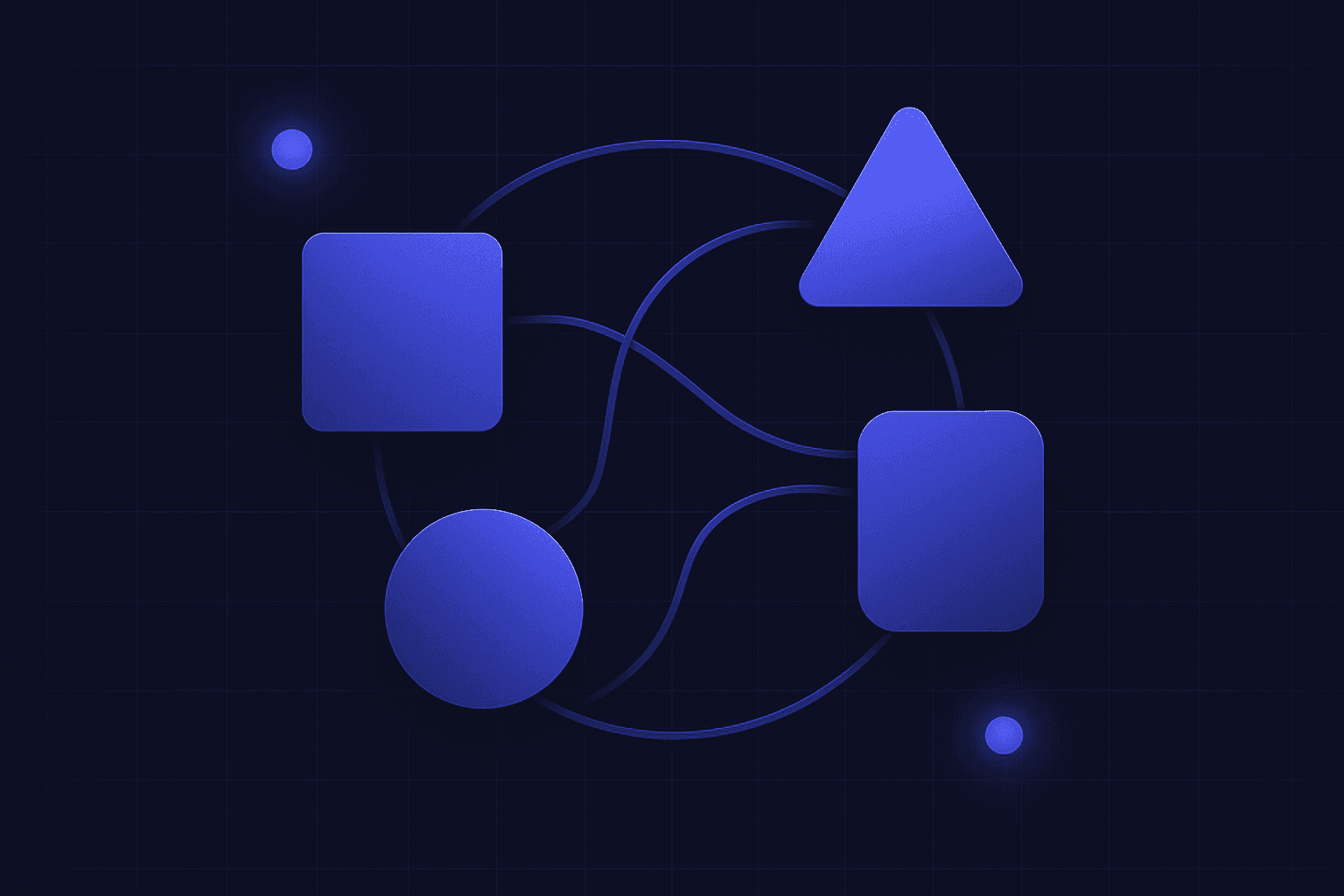I’ve been spending a lot of time with Devin lately, and I’ve got to tell you – we’re thinking about AI agents all wrong. You and I are standing at the edge of a fundamental shift in how we work with AI. These aren’t just tools anymore; they’re becoming more like background workers in our digital lives. Let me share what I’ve discovered, and why I think this changes everything for people like you and me.

The Dishwasher Problem (And Why It Matters to You)
Think about your dishwasher for a second. Sure, it’s “automated,” but you still have to load it, run it, and unload it. It’s still on your mental to-do list, isn’t it? That’s what I call “The Dishwasher Problem” – when something is supposedly automated but still takes up space in your brain.
You know that feeling when you’re lying in bed and suddenly remember you need to empty the dishwasher? That’s exactly what we’re trying to eliminate. True automation should remove tasks from your mental overhead completely, not just make them easier.
What I’ve Learned from Working with Devin
In my time working with Devin (an autonomous software development agent), I’ve noticed something fascinating: while it has high autonomy and agency, it also has higher latency than traditional tools. But here’s the kicker – that trade-off is absolutely worth it.
Let me show you why.
1. It Plans With You, Not For You
Remember the last time someone just started working on your project without consulting you? Frustrating, right? Devin does something different. Before diving in, it shows you its game plan. You get to:
- See exactly what it’s thinking
- Redirect if it’s off track
- Catch potential issues before they become problems
It’s like having a really considerate colleague who always checks in before making big decisions.
2. It Grows Smarter With Every Interaction
This is where things get really interesting. Unlike traditional tools that stay static, Devin builds a knowledge base that grows with every interaction. It’s like having a team member who:
- Never forgets a lesson learned
- Automatically suggests improvements based on past experiences
- Gets better at understanding your specific needs over time
- Uses both the planning/re-planning and execution stages for updating it’s knowledge, whenever you provide input
3. Self-Healing and Self-Growing Architecture
Here’s something I’m particularly excited about: these agents are developing what I call “self-healing architecture.” When something goes wrong, they don’t just stop and wait for instructions – they:
- Diagnose problems autonomously
- Implement fixes based on past experiences
- Learn from each failure to prevent similar issues
- Grow their capabilities without explicit training
Think of it like a garden that not only maintains itself but also evolves to become more resilient over time. The more you work with it, the more robust it becomes.
4. Natural Conversations Lead to Better Results
You know how frustrating it is to work with software that needs exact commands? Devin flips this on its head. You can literally tell it in plain English when something’s not right, and it adjusts. It’s like having a conversation with a colleague who:
- Actually listens to your feedback
- Makes real-time adjustments
- Remembers your preferences for next time
5. Trust Through Verification
In software development, we need to be sure things work. Devin handles this beautifully by using concrete metrics – running tests, checking code quality, rendering your front-end code within a browser and verifying functionality. It’s like having a quality assurance team built in.
Building the Future You Want to See
From everything I’ve learned, here’s what I believe you should look for in AI agents:
- Explicit Planning with Your Input: You should always feel in control while doing less work
- Continuous Learning: The system should get noticeably better at handling your specific needs
- Self-Healing Capabilities: Problems should get solved automatically, often before you notice them
- Natural Communication: No more learning special commands or syntax
- Verifiable Results: Trust, but verify
Where We’re Heading
I’m convinced that the future of work isn’t about having faster tools – it’s about having systems that truly work in the background while maintaining your trust. Imagine your workday where:
- Tasks disappear from your mental load completely
- Systems learn and improve without your constant input
- Problems fix themselves before reaching your attention
- Everything just works, without you having to think about it
The success of systems like Devin isn’t just promising – it’s a preview of your future workspace. We’re moving beyond simple automation to true autonomy, and I can’t wait for you to experience it.
Your Role in This Future
As we stand at this turning point, you have a unique opportunity. The agents we’re building today will shape how we all work tomorrow. Your feedback, your experiences, and your needs will help define what these systems become.
The question isn’t whether AI agents will become autonomous background workers – it’s how quickly you’ll be able to benefit from this transformation. The future of work is being written right now, and you’re part of that story.
What aspects of your work would you love to see handled by an autonomous agent? I’d love to hear your thoughts and experiences as we navigate this exciting transition together.

